Navigating the World of Makeup Schools in Texas: A Comprehensive Guide
Related Articles: Navigating the World of Makeup Schools in Texas: A Comprehensive Guide
Introduction
With great pleasure, we will explore the intriguing topic related to Navigating the World of Makeup Schools in Texas: A Comprehensive Guide. Let’s weave interesting information and offer fresh perspectives to the readers.
Table of Content
Navigating the World of Makeup Schools in Texas: A Comprehensive Guide

Texas, a state known for its vibrant culture and diverse population, also boasts a flourishing beauty industry. This dynamic landscape has created a demand for skilled and knowledgeable makeup artists, leading to the emergence of numerous makeup schools across the state.
This comprehensive guide aims to provide aspiring makeup artists with a thorough understanding of the makeup school landscape in Texas, empowering them to make informed decisions about their education and future career paths.
Understanding the Importance of Makeup Education:
Pursuing a formal education in makeup artistry offers numerous advantages beyond simply learning the techniques. It provides a structured learning environment, equipping students with:
- Comprehensive Skill Development: Makeup schools offer a structured curriculum that covers a wide range of makeup techniques, from basic application to advanced special effects. This ensures a well-rounded skillset, preparing graduates for diverse roles in the industry.
- Industry-Specific Knowledge: Learning from experienced instructors provides access to valuable industry insights, including current trends, product knowledge, and professional practices.
- Networking Opportunities: Makeup schools often foster a strong sense of community, providing opportunities for students to connect with peers, instructors, and industry professionals, building valuable networks for future collaborations.
- Portfolio Development: Through practical assignments, projects, and industry-standard photoshoots, students can build a professional portfolio showcasing their skills and creativity.
- Career Guidance and Support: Many schools offer career counseling services to help students navigate the job market, prepare for interviews, and identify potential career paths.
Types of Makeup Schools in Texas:
Texas offers a variety of makeup schools catering to diverse learning styles and career aspirations. These include:
- Traditional Makeup Schools: These institutions provide comprehensive programs, often leading to a diploma or certificate upon completion. They typically offer a blend of theoretical instruction and hands-on practice.
- Beauty Colleges: Many beauty colleges incorporate makeup artistry into their curriculum, often as part of a broader cosmetology program.
- Online Makeup Schools: For those seeking flexibility, online schools offer self-paced programs, allowing students to learn at their own convenience.
- Workshops and Short Courses: For focused skill development, numerous workshops and short courses are available, covering specific techniques like airbrushing, special effects makeup, or bridal makeup.
Key Factors to Consider When Choosing a Makeup School:
When selecting a makeup school, aspiring artists should consider the following factors:
- Curriculum and Program Structure: Evaluate the school’s curriculum to ensure it covers the desired skills and techniques. Assess the program’s duration, structure, and the availability of specializations.
- Instructors’ Experience and Credentials: Look for instructors with proven experience in the makeup industry, holding relevant certifications or qualifications.
- Facilities and Resources: Assess the quality of the school’s facilities, including classrooms, studios, and equipment. Ensure access to high-quality makeup products and tools.
- Industry Connections and Job Placement Services: Inquire about the school’s relationships with industry professionals and their job placement support.
- Cost and Financial Aid: Compare tuition fees, program costs, and available financial aid options.
- Location and Accessibility: Consider the school’s location, proximity to your residence, and accessibility for transportation.
- Student Reviews and Testimonials: Read online reviews and testimonials from previous students to gain insights into the school’s reputation, teaching methods, and student experiences.
Top Makeup Schools in Texas:
Texas is home to several reputable makeup schools, each offering unique programs and specializations. Here are a few examples:
- The Makeup Designory (MUD): With locations in Dallas and Houston, MUD is a renowned international makeup school offering comprehensive programs in beauty, fashion, and special effects makeup.
- Aveda Institute: Aveda Institutes in Texas, such as those in Dallas, Austin, and San Antonio, offer cosmetology programs incorporating makeup artistry.
- Toni & Guy Hairdressing Academy: Toni & Guy academies in Texas, including those in Dallas and Houston, offer hairdressing programs that also include makeup artistry modules.
- The Beauty Academy: Based in Houston, The Beauty Academy provides comprehensive cosmetology programs, including a dedicated makeup artistry program.
- The Makeup Institute: Located in Dallas, The Makeup Institute offers a variety of makeup courses, including bridal makeup, special effects makeup, and airbrushing.
FAQs About Makeup Schools in Texas:
1. What are the typical program lengths for makeup schools in Texas?
Program lengths vary depending on the program’s scope and intensity. Diploma or certificate programs typically range from six months to two years. Short courses or workshops can be completed in a few days or weeks.
2. What are the typical admission requirements for makeup schools in Texas?
Admission requirements may vary between schools. Common requirements include a high school diploma or GED, a minimum age, and sometimes a portfolio review or interview.
3. What are the job prospects for graduates of makeup schools in Texas?
Graduates of makeup schools in Texas can pursue a variety of career paths, including:
- Freelance Makeup Artist: Working independently for clients in various fields, such as weddings, fashion shoots, and film productions.
- Salon Makeup Artist: Providing makeup services at beauty salons or spas.
- Makeup Counter Specialist: Working for cosmetic brands, providing makeup consultations and product demonstrations.
- Special Effects Makeup Artist: Creating special effects makeup for film, television, and theater productions.
- Bridal Makeup Artist: Specializing in bridal makeup services.
- Beauty Blogger or Influencer: Sharing makeup tips, tutorials, and product reviews online.
4. What are the average salaries for makeup artists in Texas?
Salaries for makeup artists can vary based on experience, specialization, location, and client base. According to industry reports, average salaries range from $30,000 to $60,000 per year.
5. What are the licensing requirements for makeup artists in Texas?
Texas does not require a specific license for makeup artists. However, some makeup artists may choose to pursue a cosmetology license, which allows them to perform a broader range of beauty services.
Tips for Success in Makeup School:
- Be Prepared and Engaged: Come to class prepared with any necessary materials and be an active participant in discussions and demonstrations.
- Practice Regularly: Dedicate time outside of class to practice the techniques learned.
- Build a Strong Portfolio: Document your work through professional photos and videos to showcase your skills.
- Network with Peers and Instructors: Connect with fellow students and instructors to build relationships and learn from their experiences.
- Stay Updated on Industry Trends: Read industry publications, attend workshops, and follow makeup artists on social media to stay current on trends and techniques.
Conclusion:
Pursuing a formal education in makeup artistry can be a rewarding investment, opening doors to a fulfilling and creative career in the beauty industry. By carefully considering program options, evaluating school quality, and embracing the learning process, aspiring makeup artists in Texas can equip themselves with the skills and knowledge needed to succeed in this dynamic field.
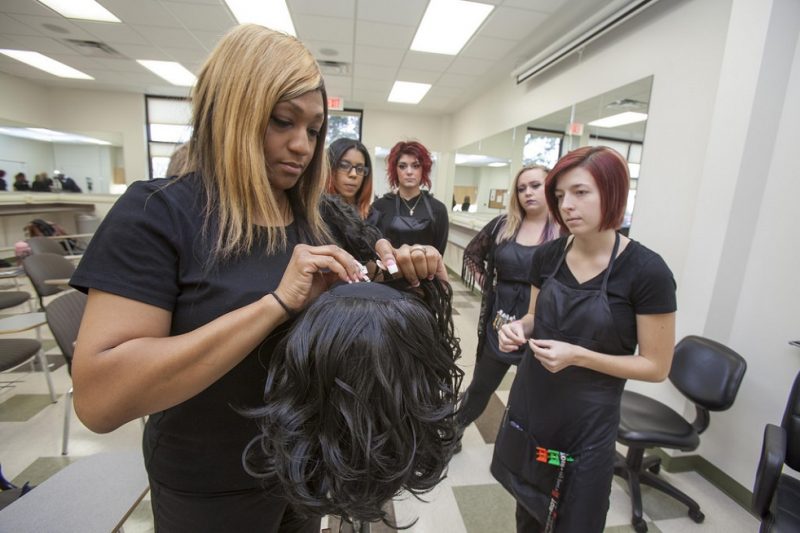
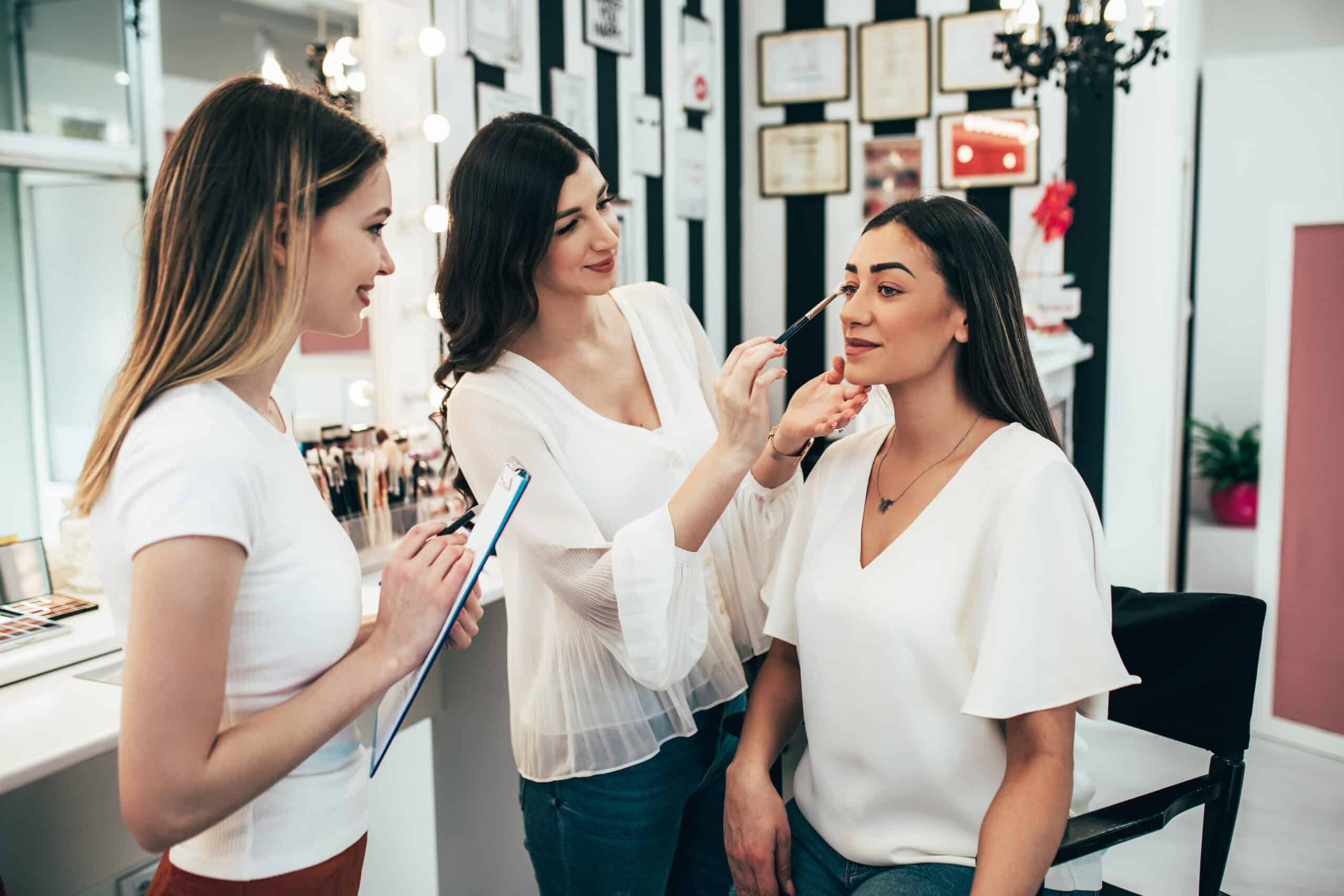

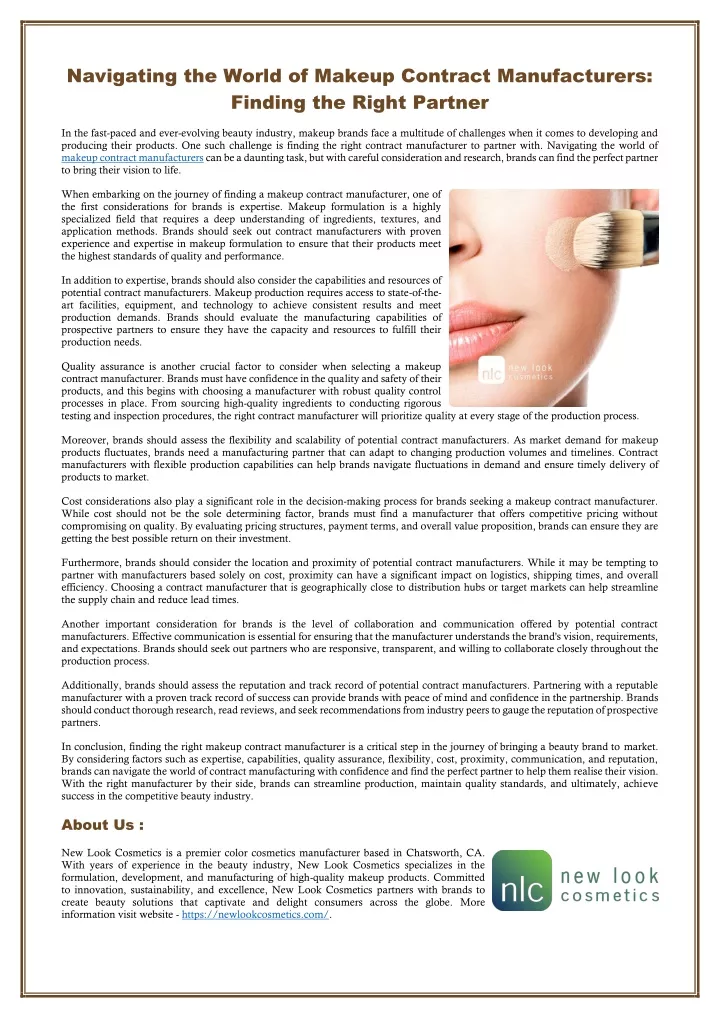
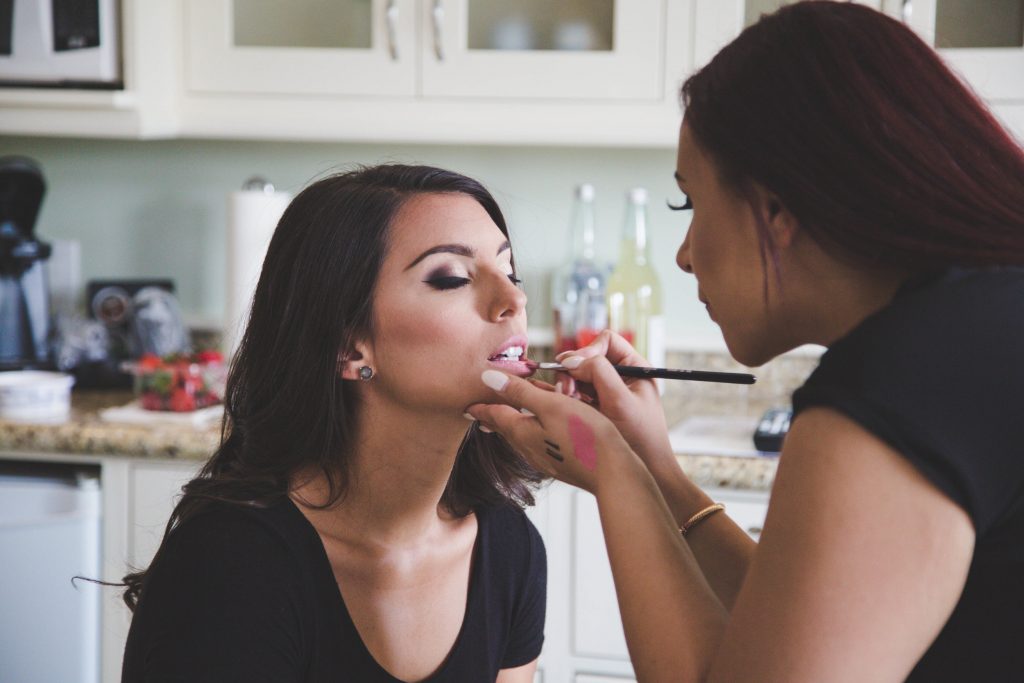

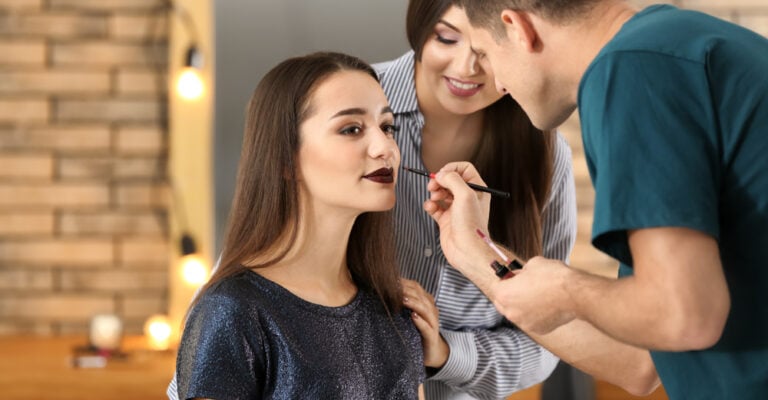
Closure
Thus, we hope this article has provided valuable insights into Navigating the World of Makeup Schools in Texas: A Comprehensive Guide. We thank you for taking the time to read this article. See you in our next article!